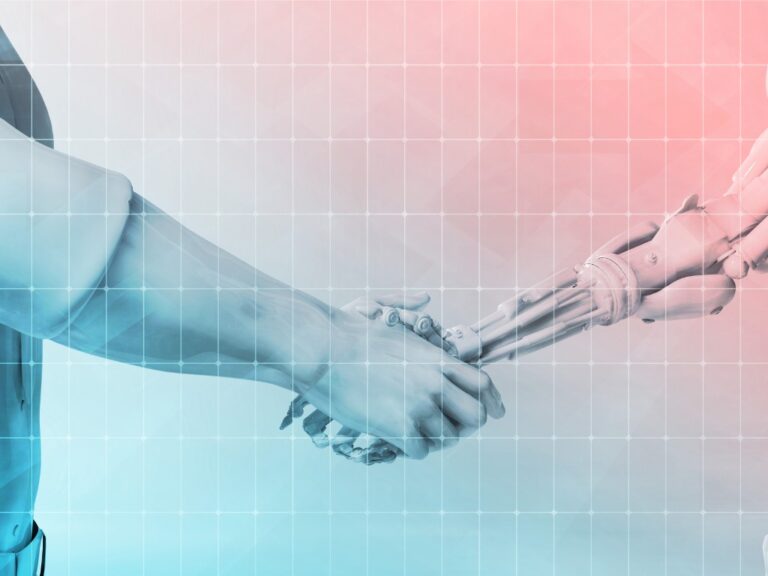AI and Alternative Dispute Resolution
April 25, 2024

AI and Alternative Dispute Resolution
According to an article by Christopher Poole of JAMS, a provider of alternative dispute resolution services, there are various potential applications of Artificial Intelligence (AI) and Alternative Dispute Resolution (ADR), but it’s important to avoid hasty implementation. Instead, the focus should be on leveraging new technologies efficiently to achieve benefits.
In ADR, AI can enhance processes, like drafting agreements using generative AI engines. For example, a dispute resolution clause can be created using an online tool, with mediation or arbitration specified. When disputes arise, lawyers can use AI-powered chatbots to select mediators based on experience. AI also aids in preparing for mediation by refining arguments and summarizing case histories.
During mediation, Poole highlights how AI streamlines the process further. Mediators utilize AI assistants to analyze arguments and predict outcomes, facilitating quicker resolutions. Virtual breakout rooms and automated engagement agreements expedite proceedings. With AI’s assistance, the mediation process becomes more efficient, reducing the time from claim to resolution from nine months to three.
Ultimately, the goal of AI and Alternative Dispute Resolution is to achieve swift resolutions while preserving relationships and allowing parties to return to business promptly. While other technologies have advanced ADR, AI has the potential to revolutionize it further. However, caution is necessary to ensure that AI’s integration does not overshadow the human elements essential in mediation.
Get the free newsletter
Subscribe for news, insights and thought leadership curated for the law firm audience.



